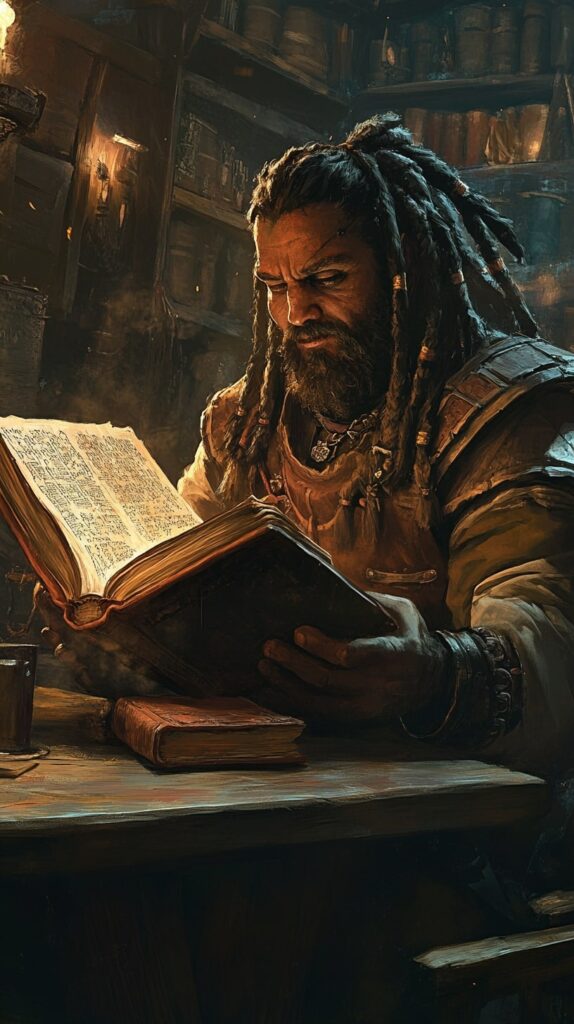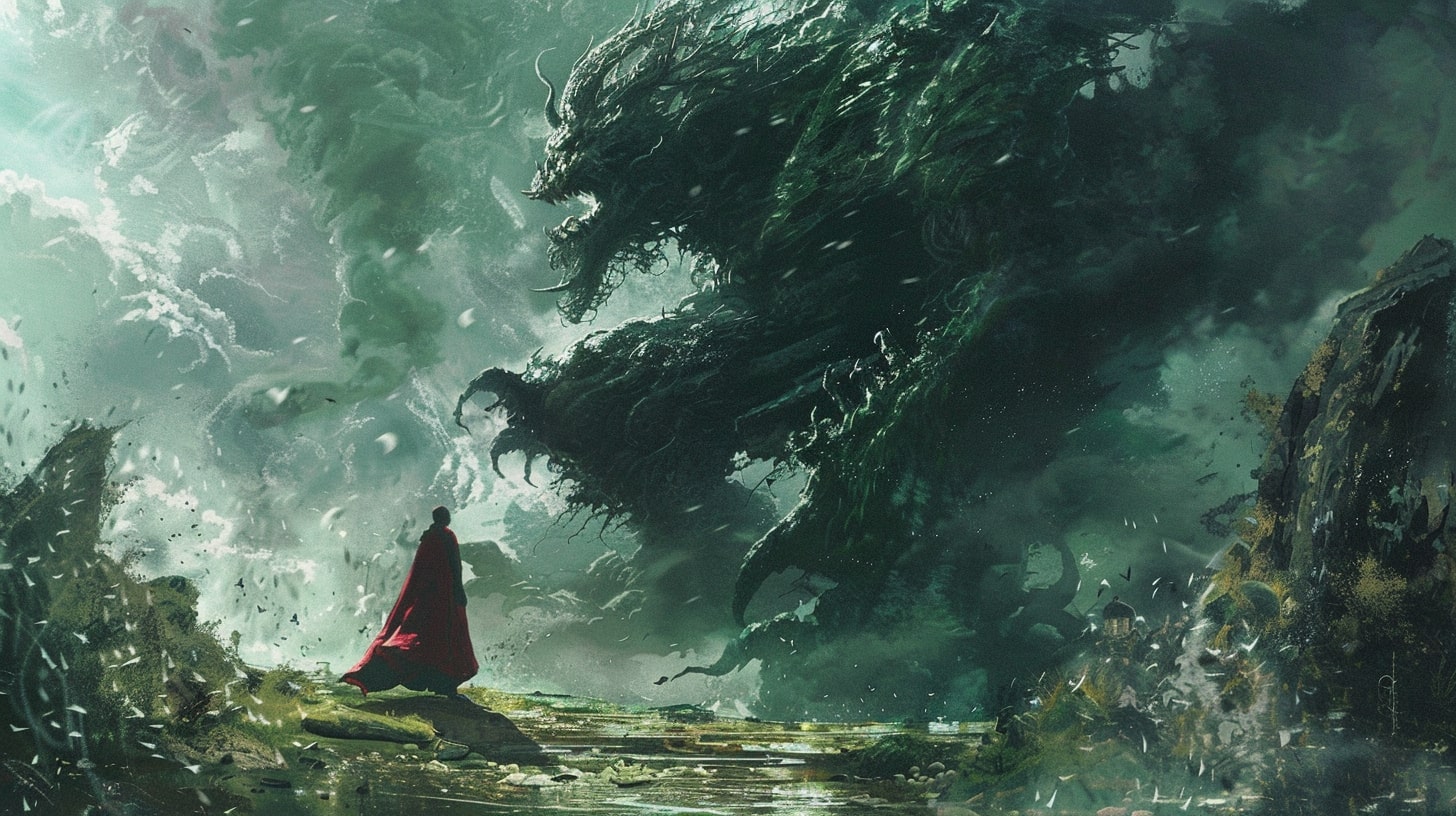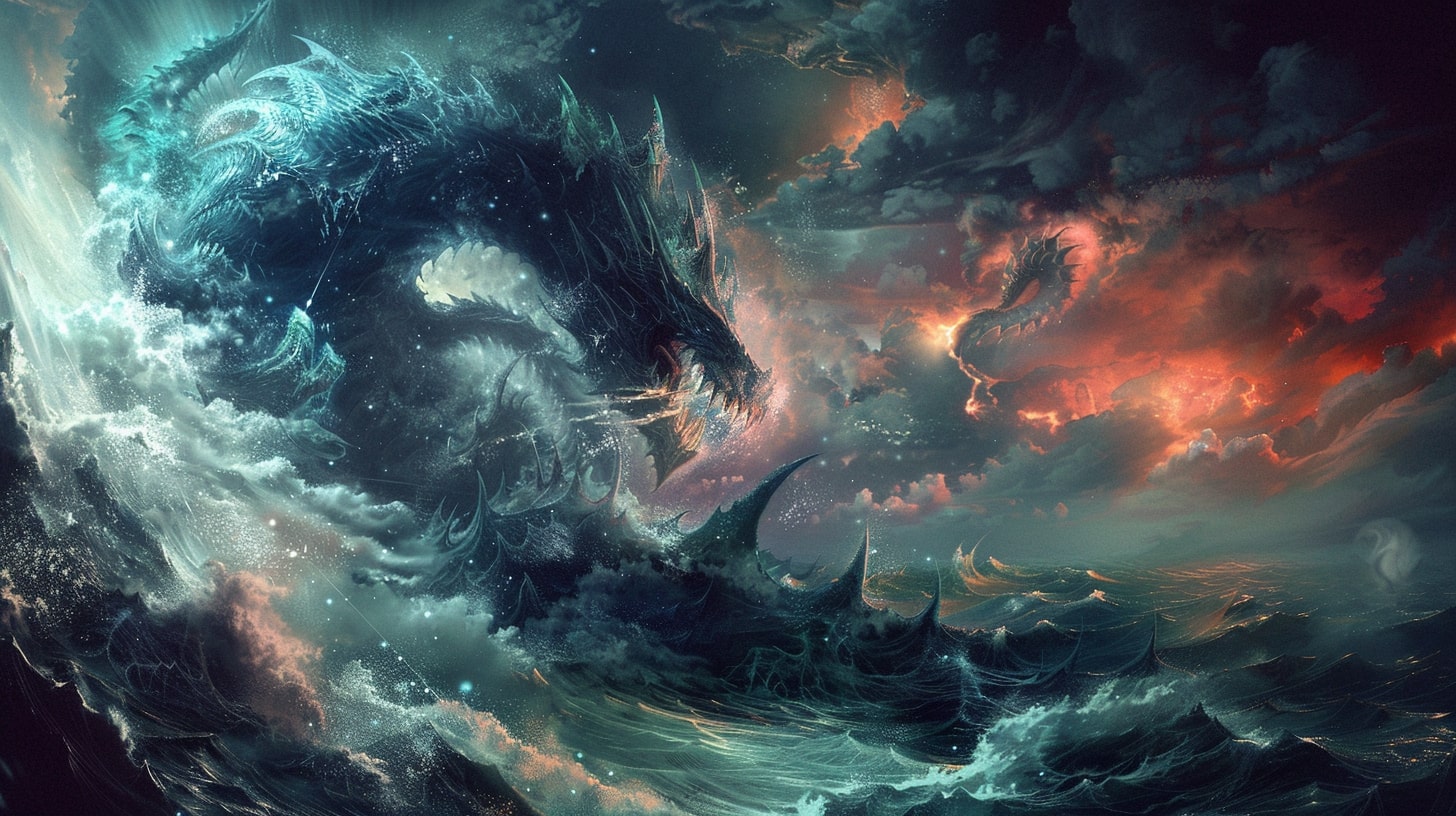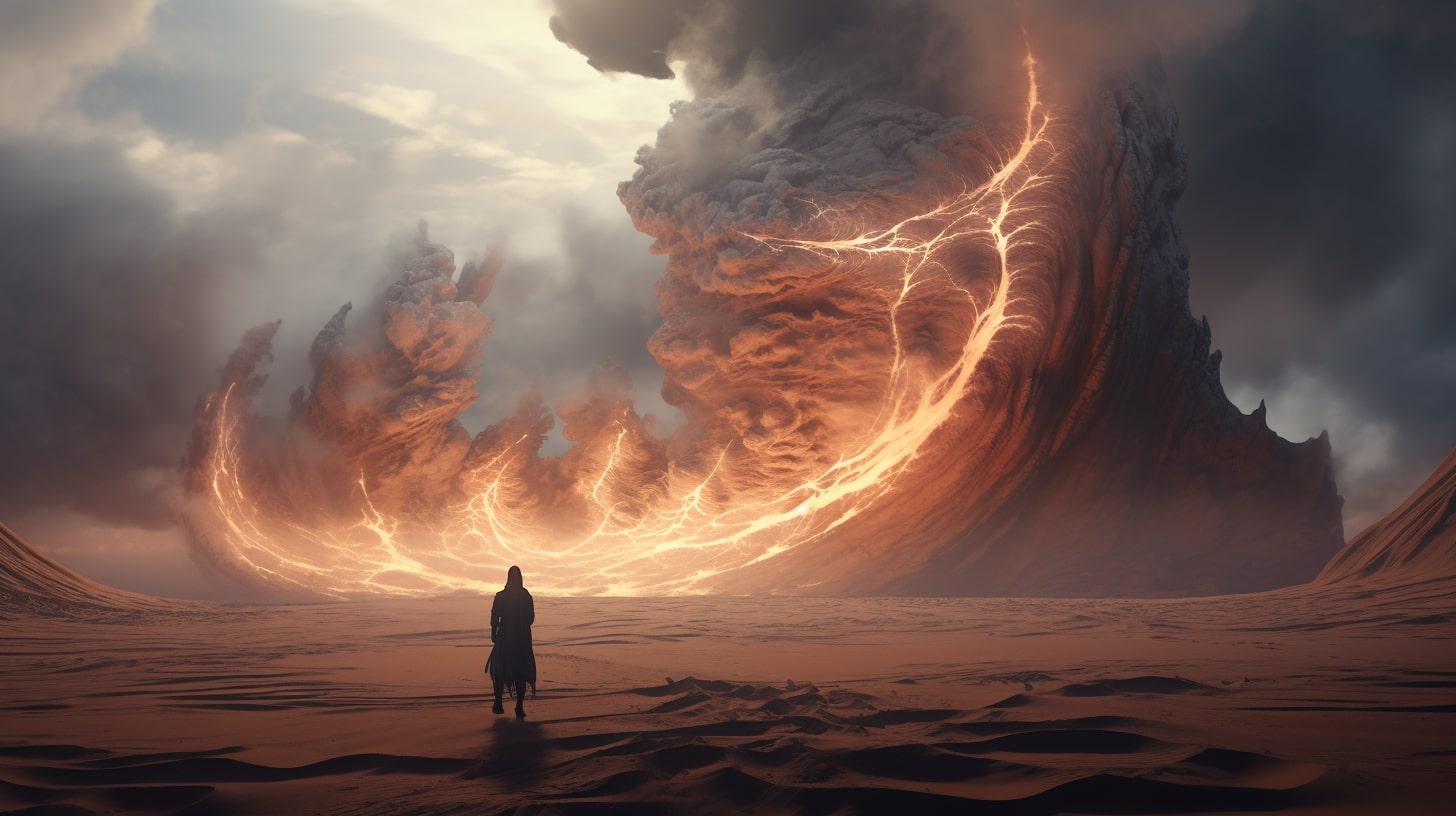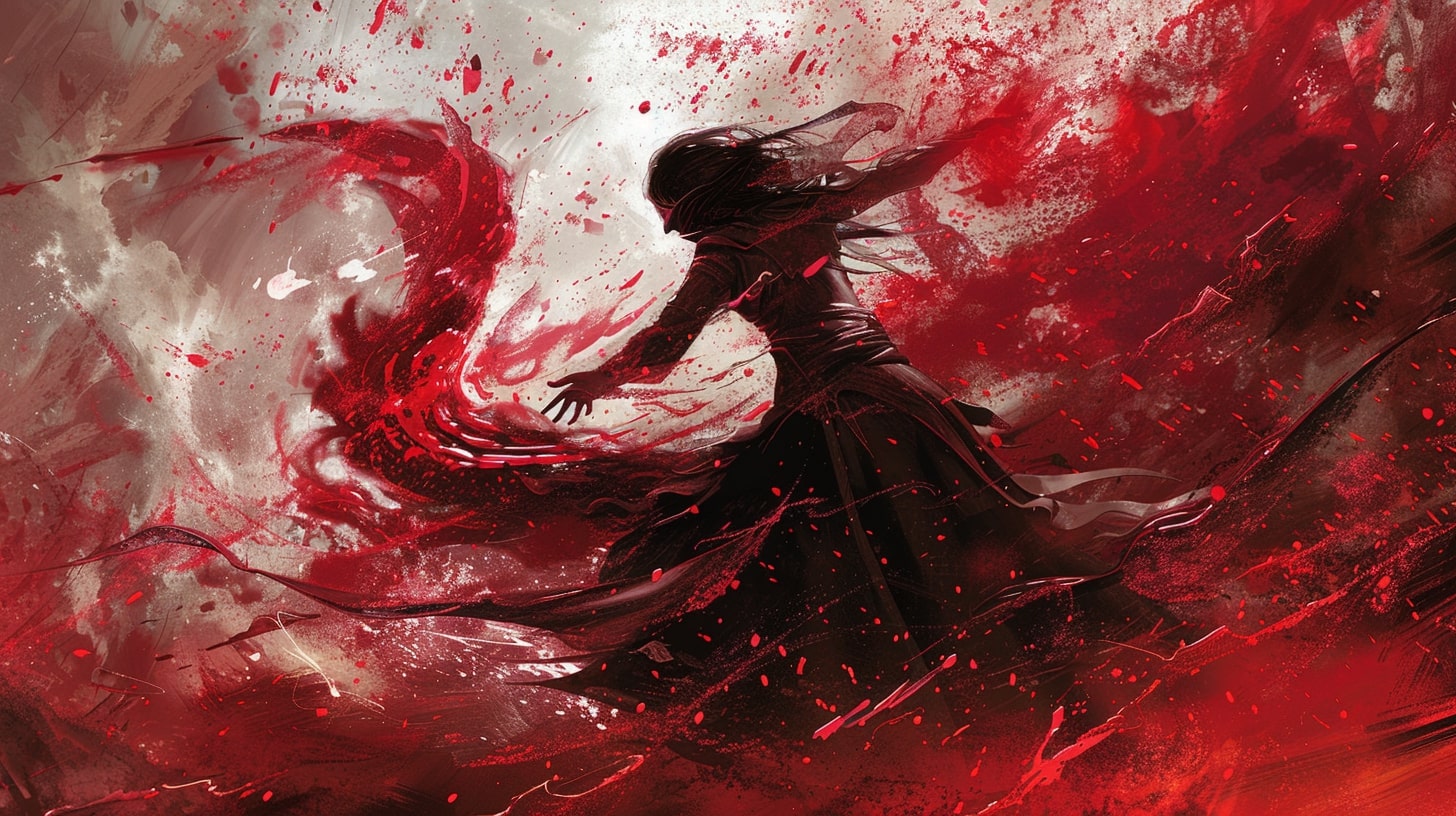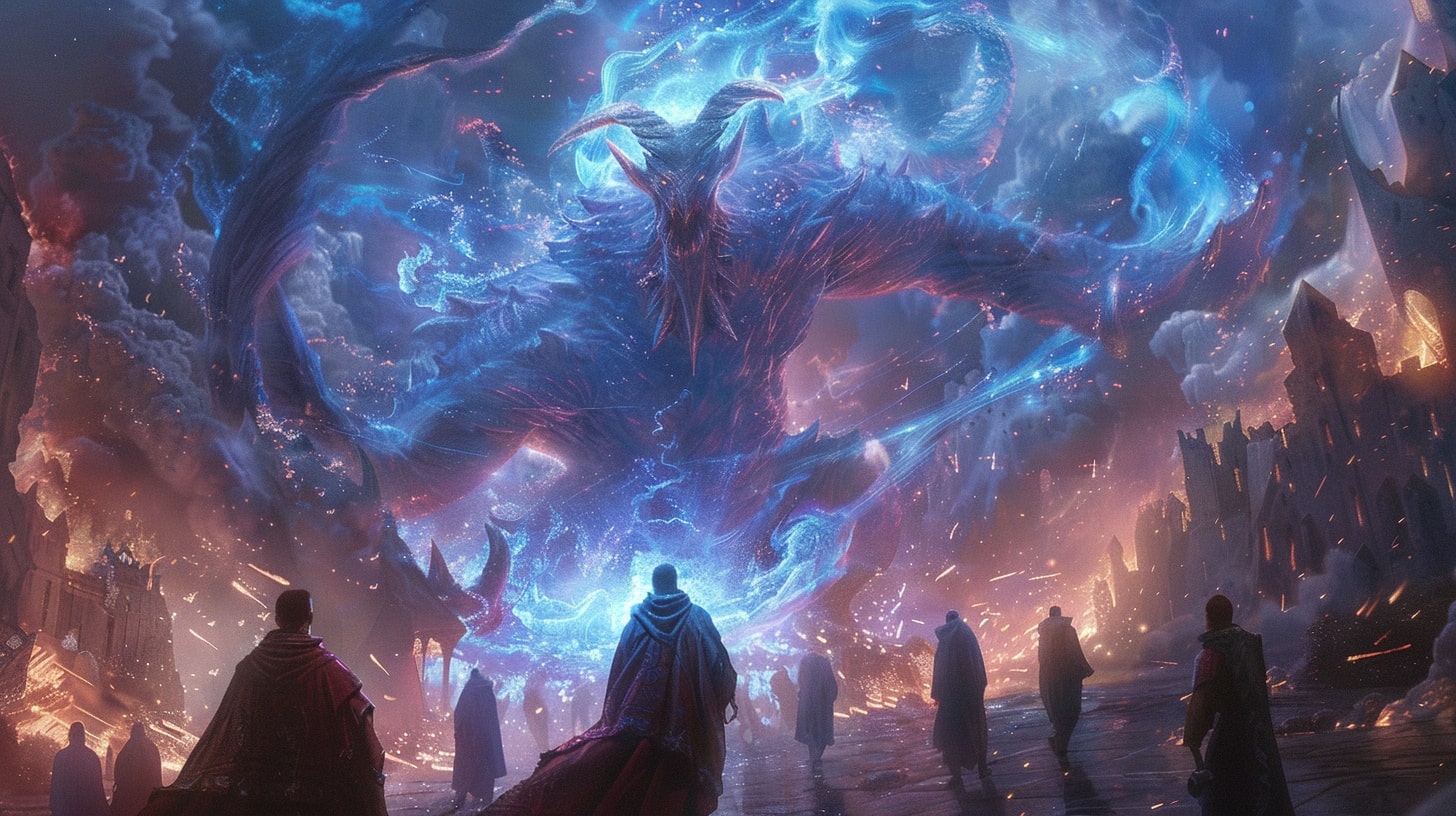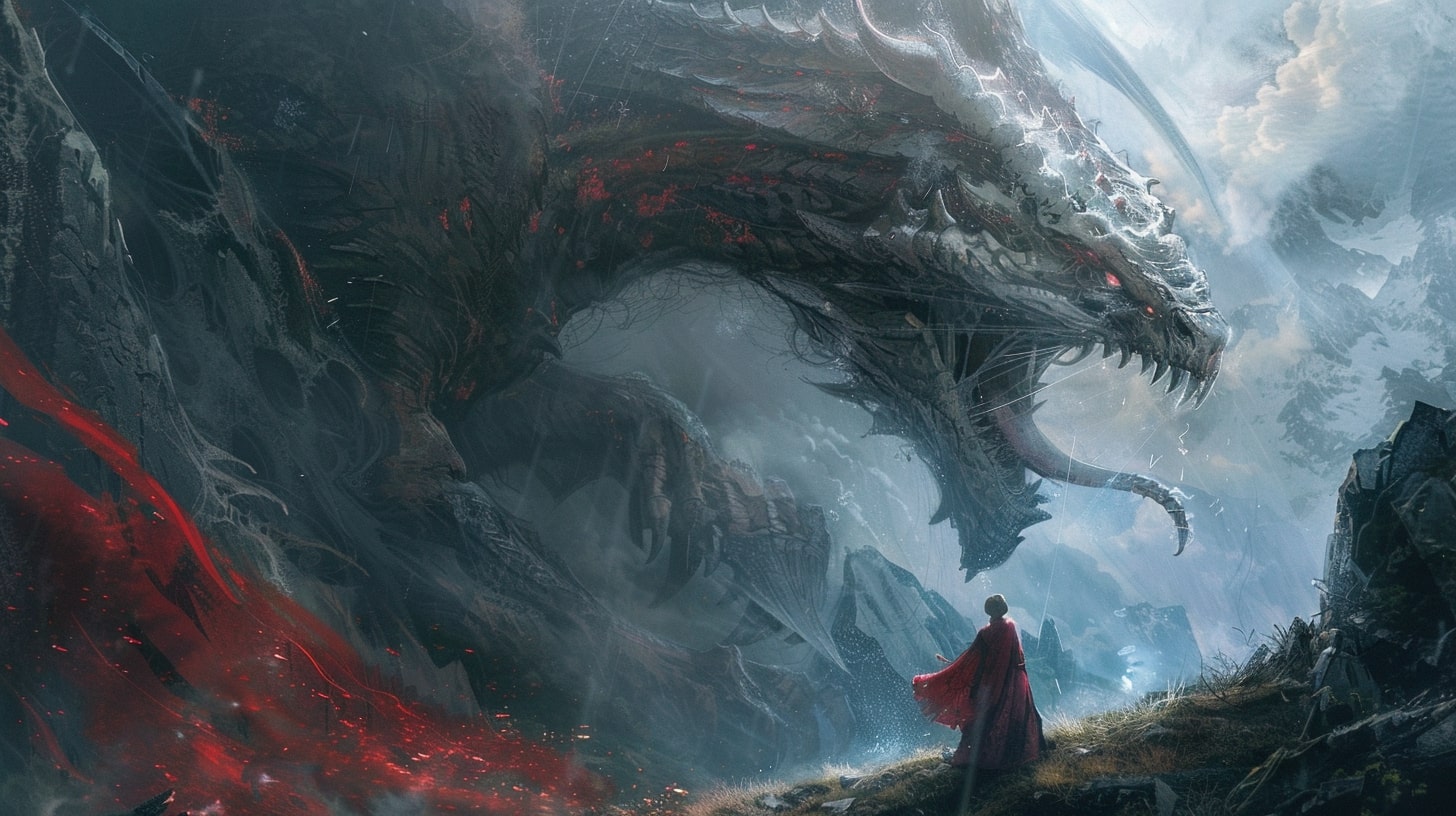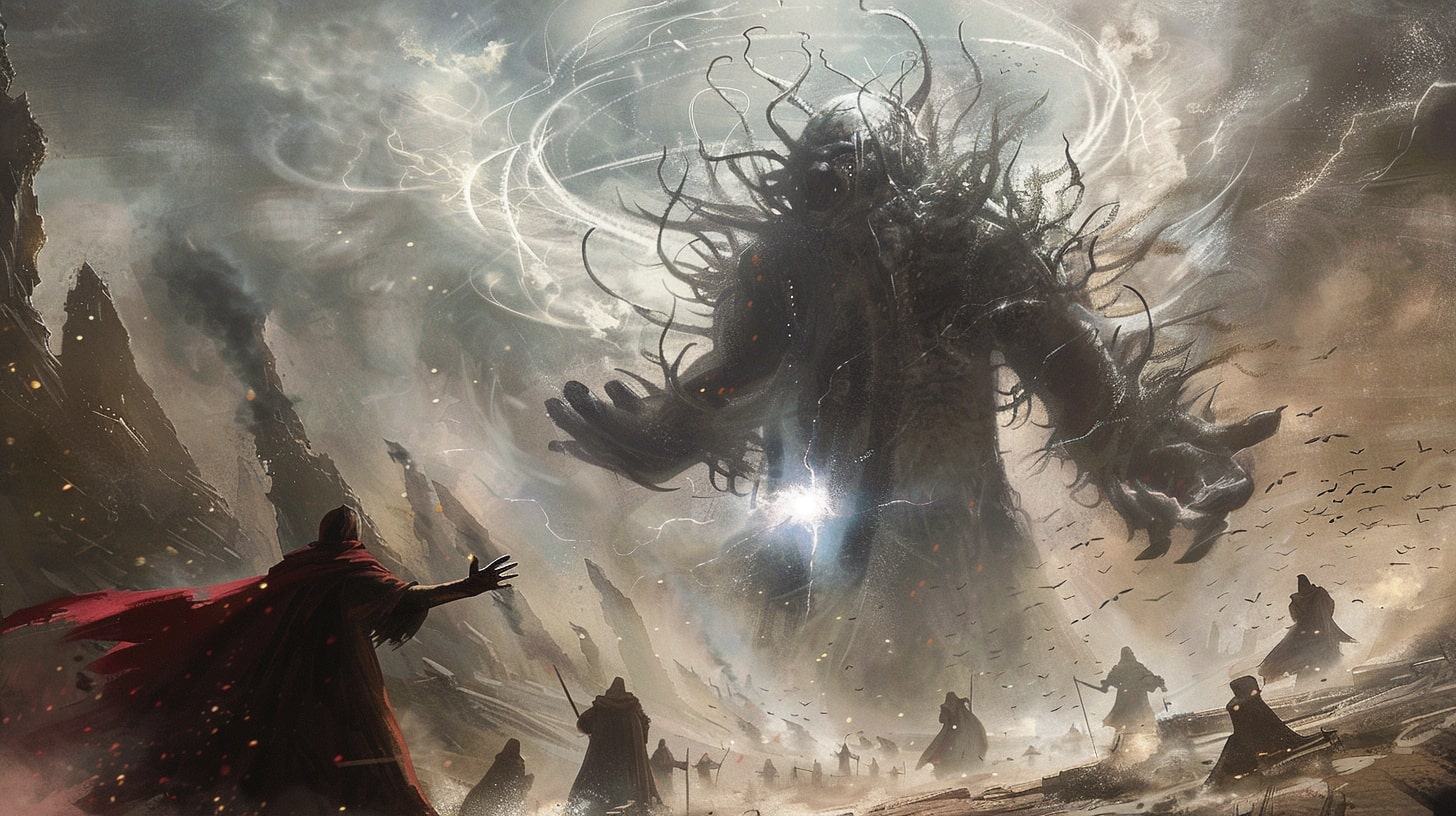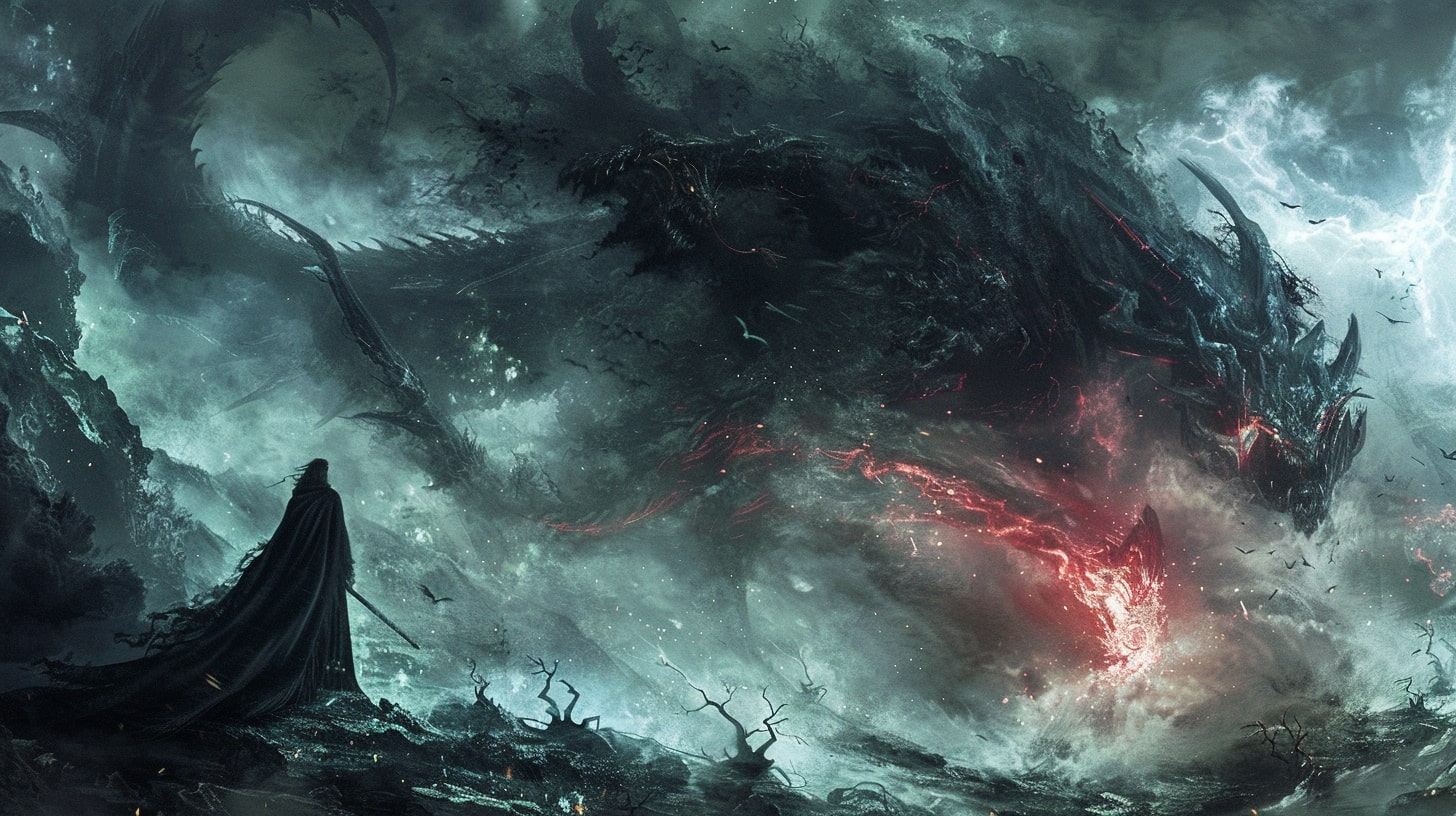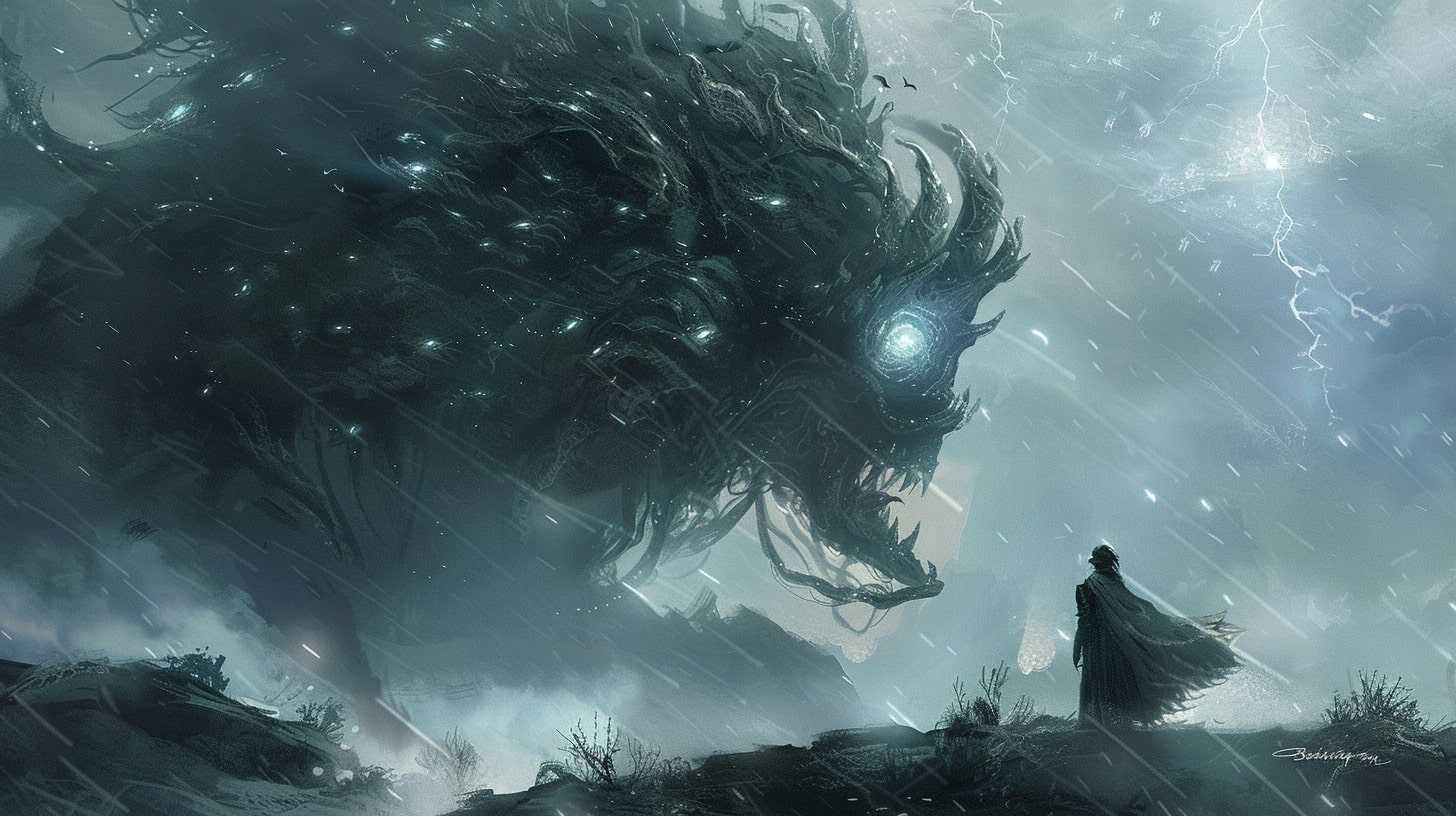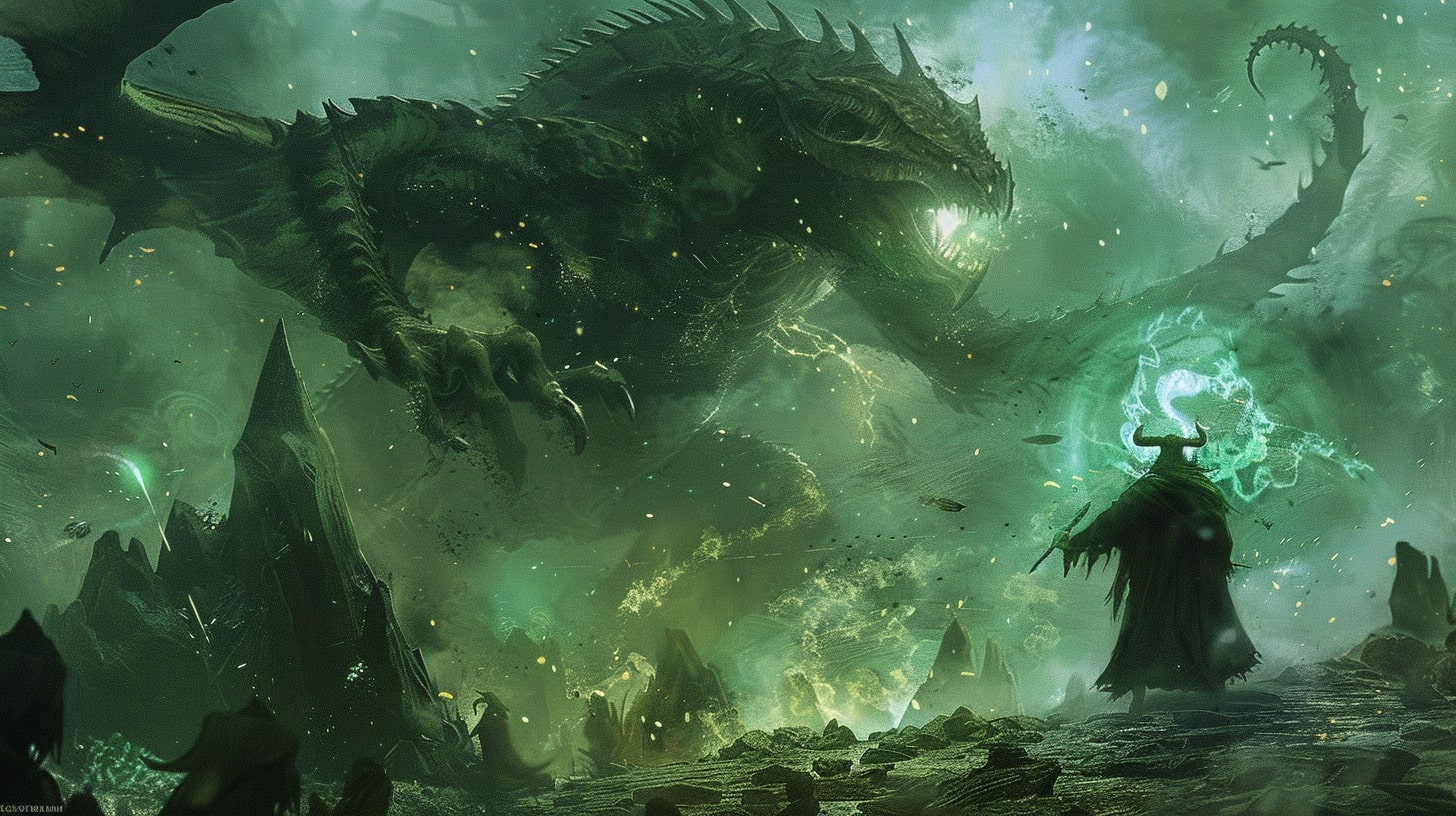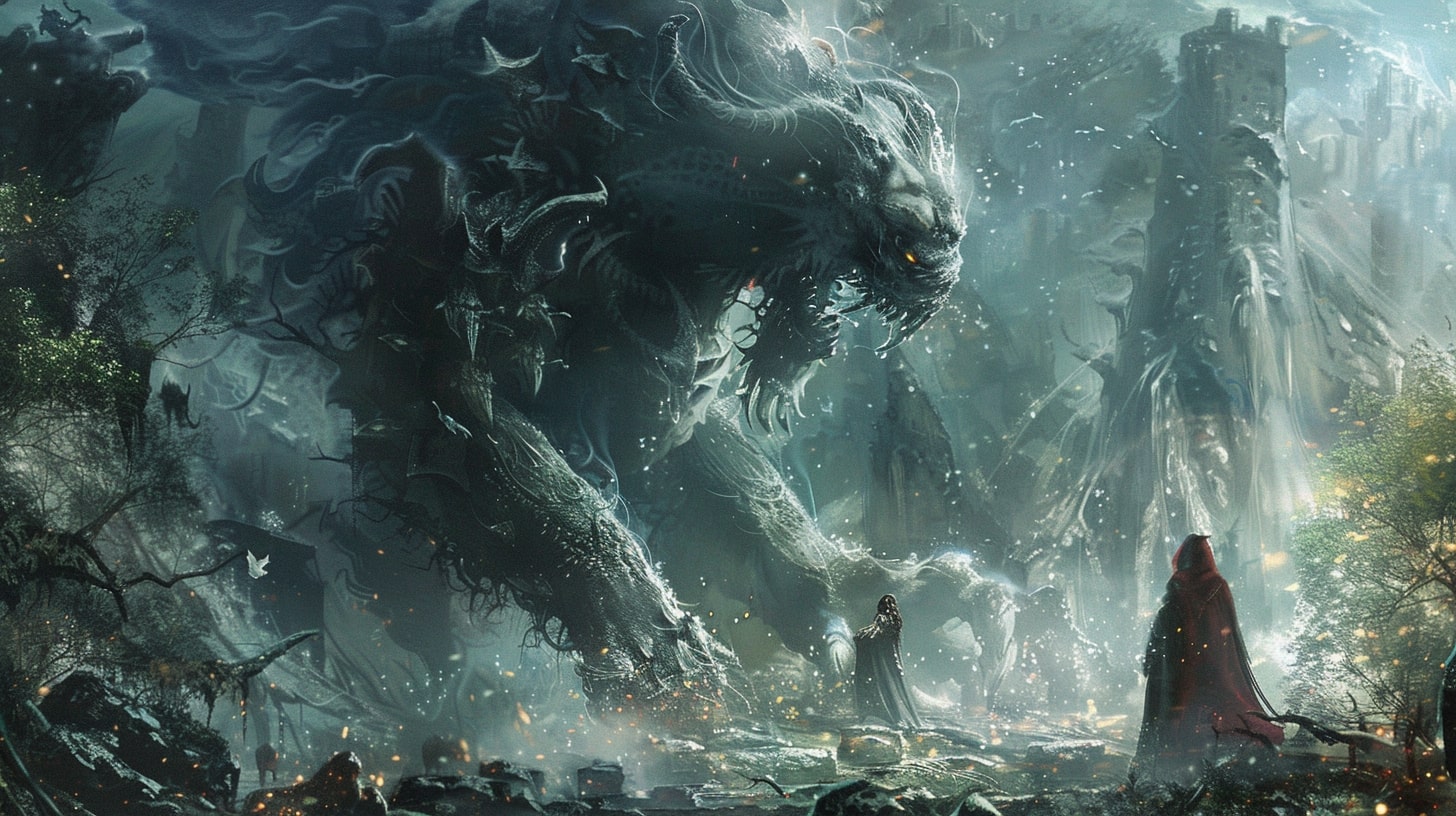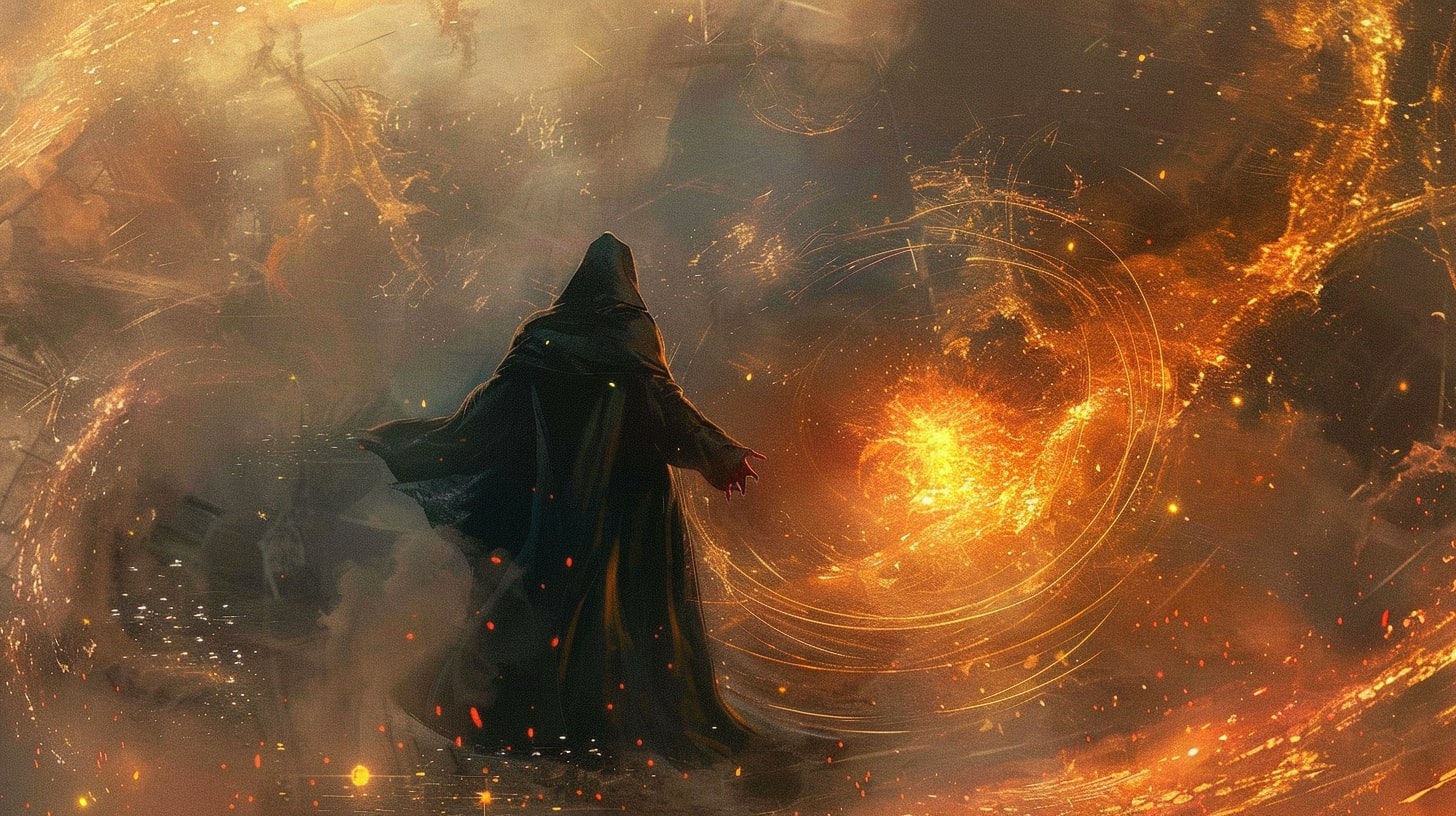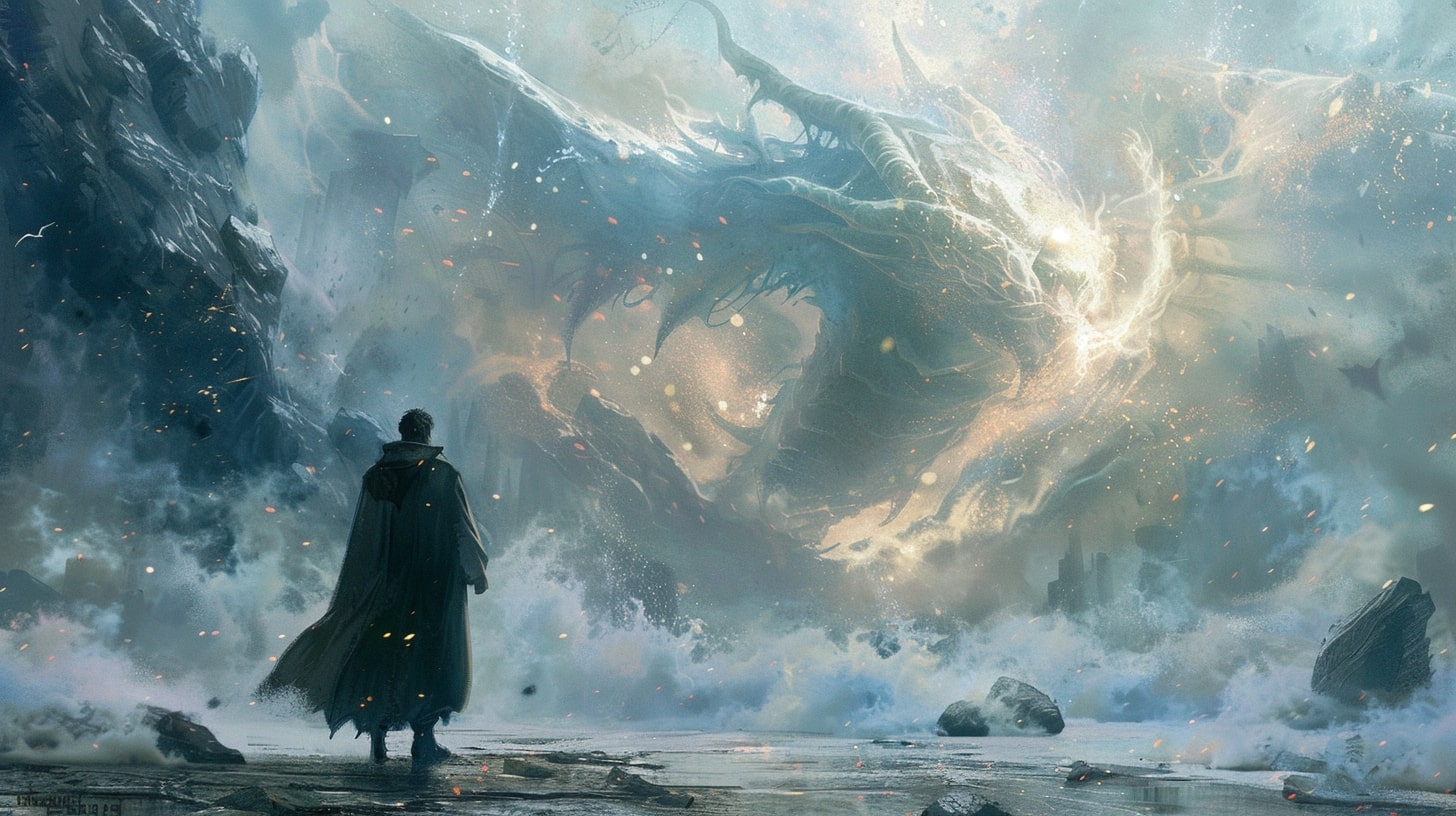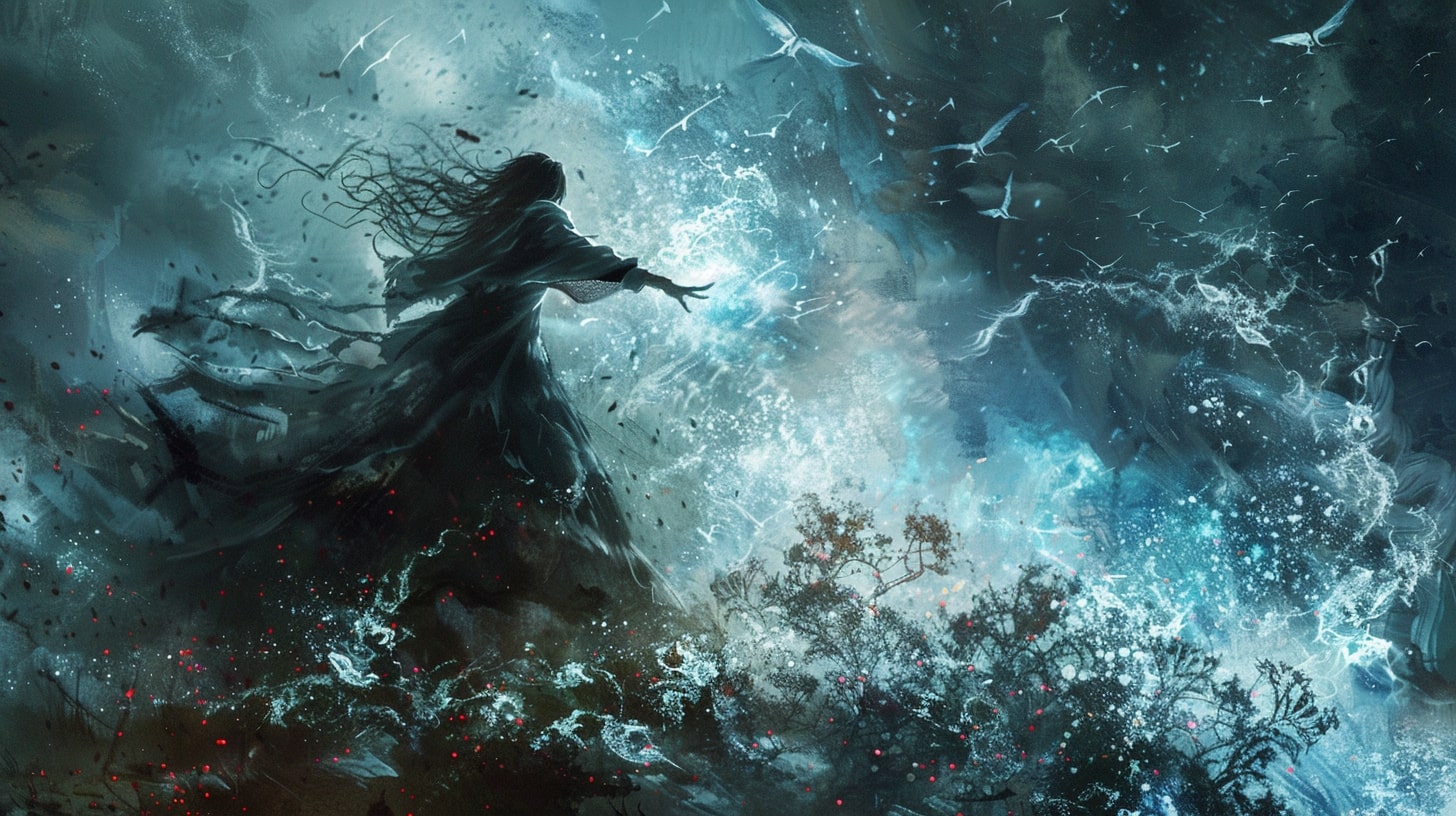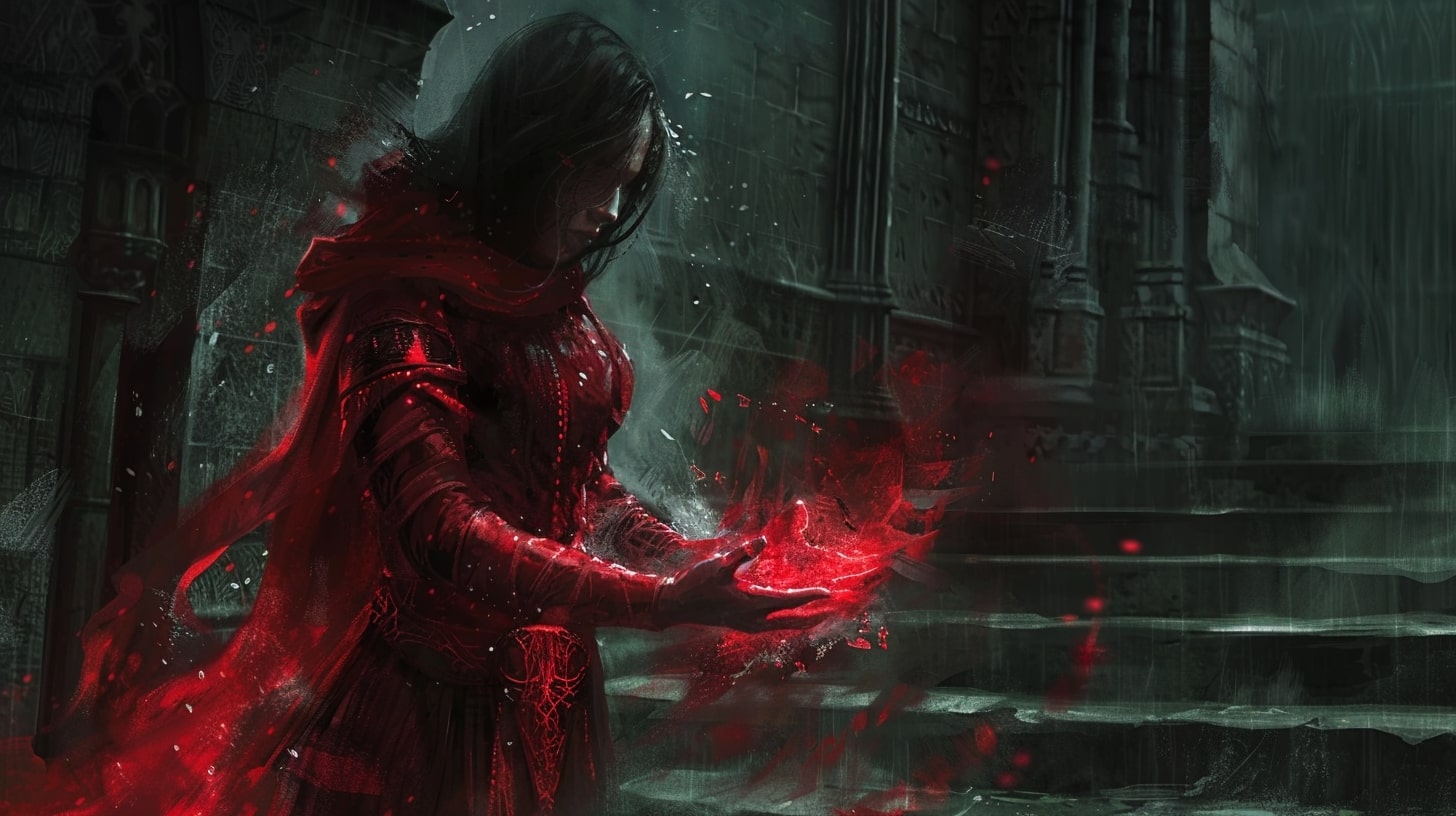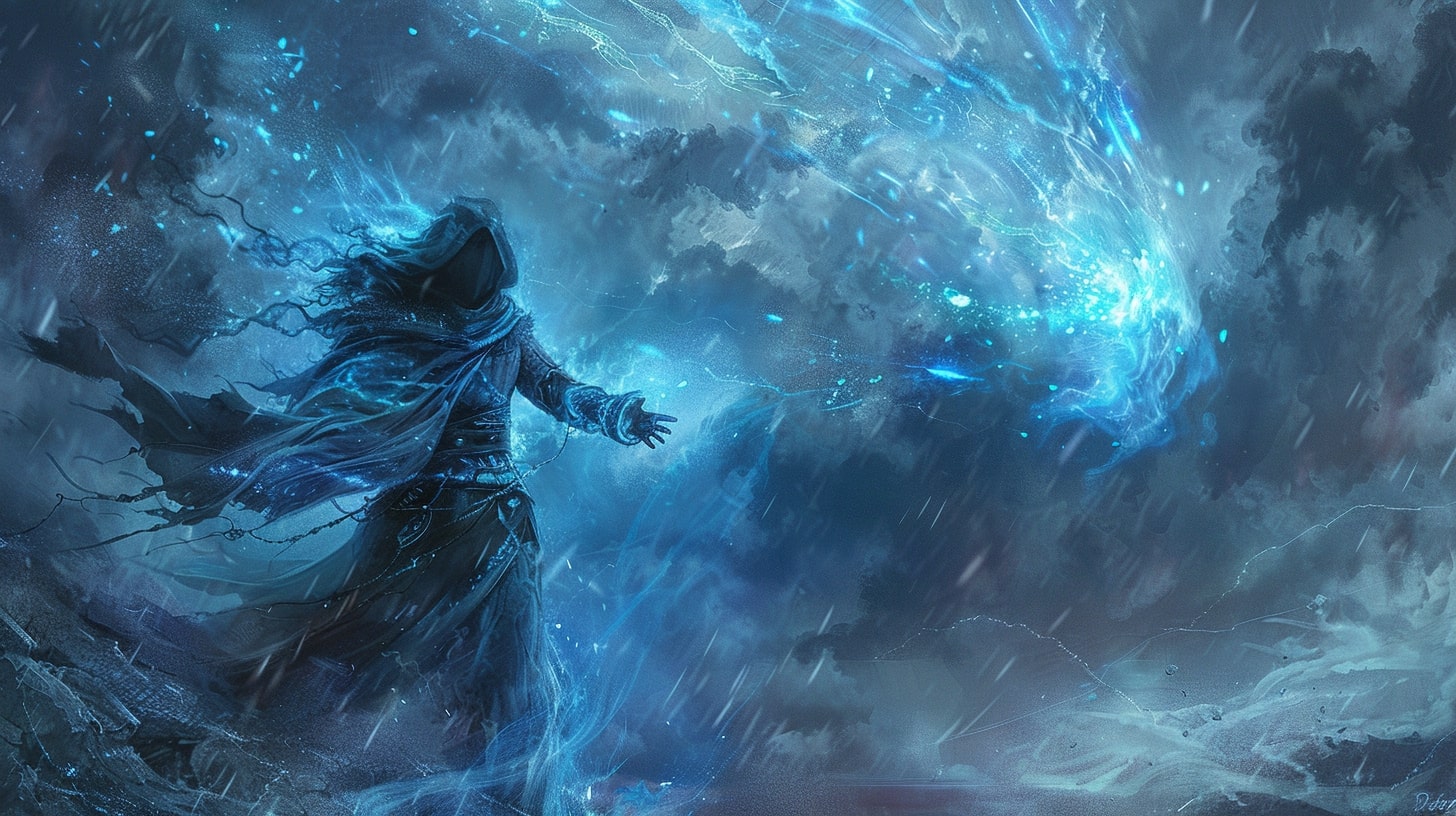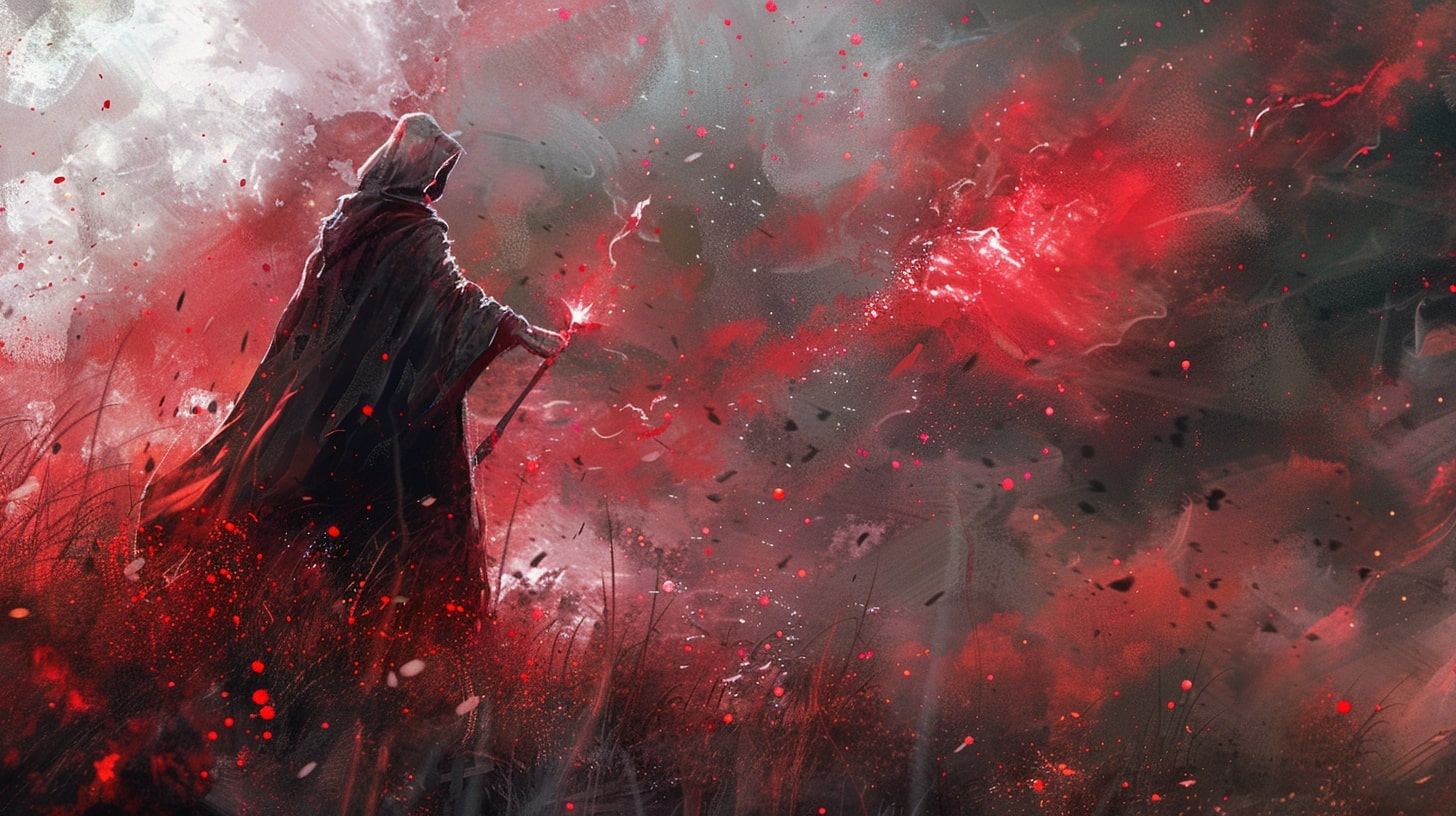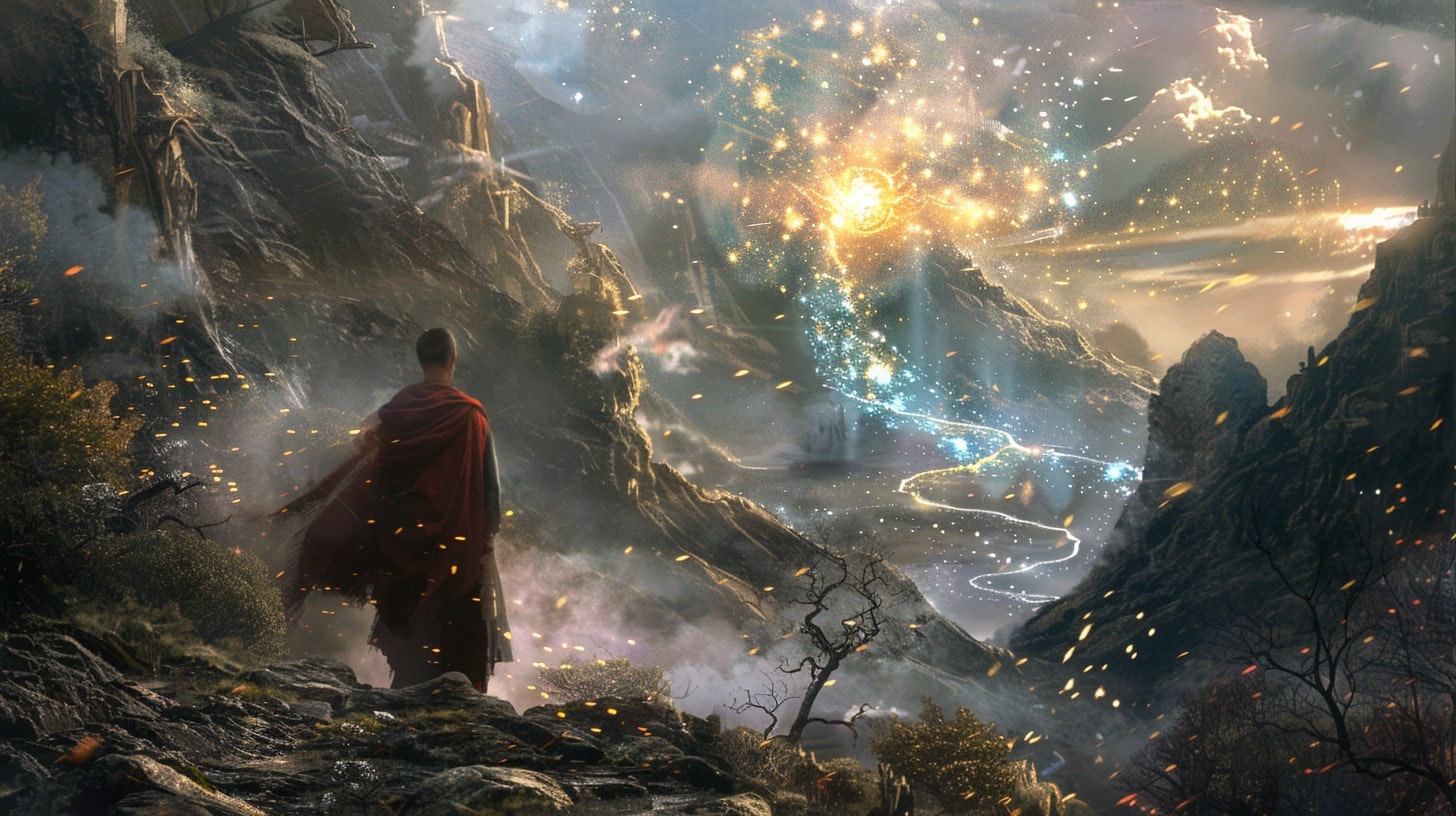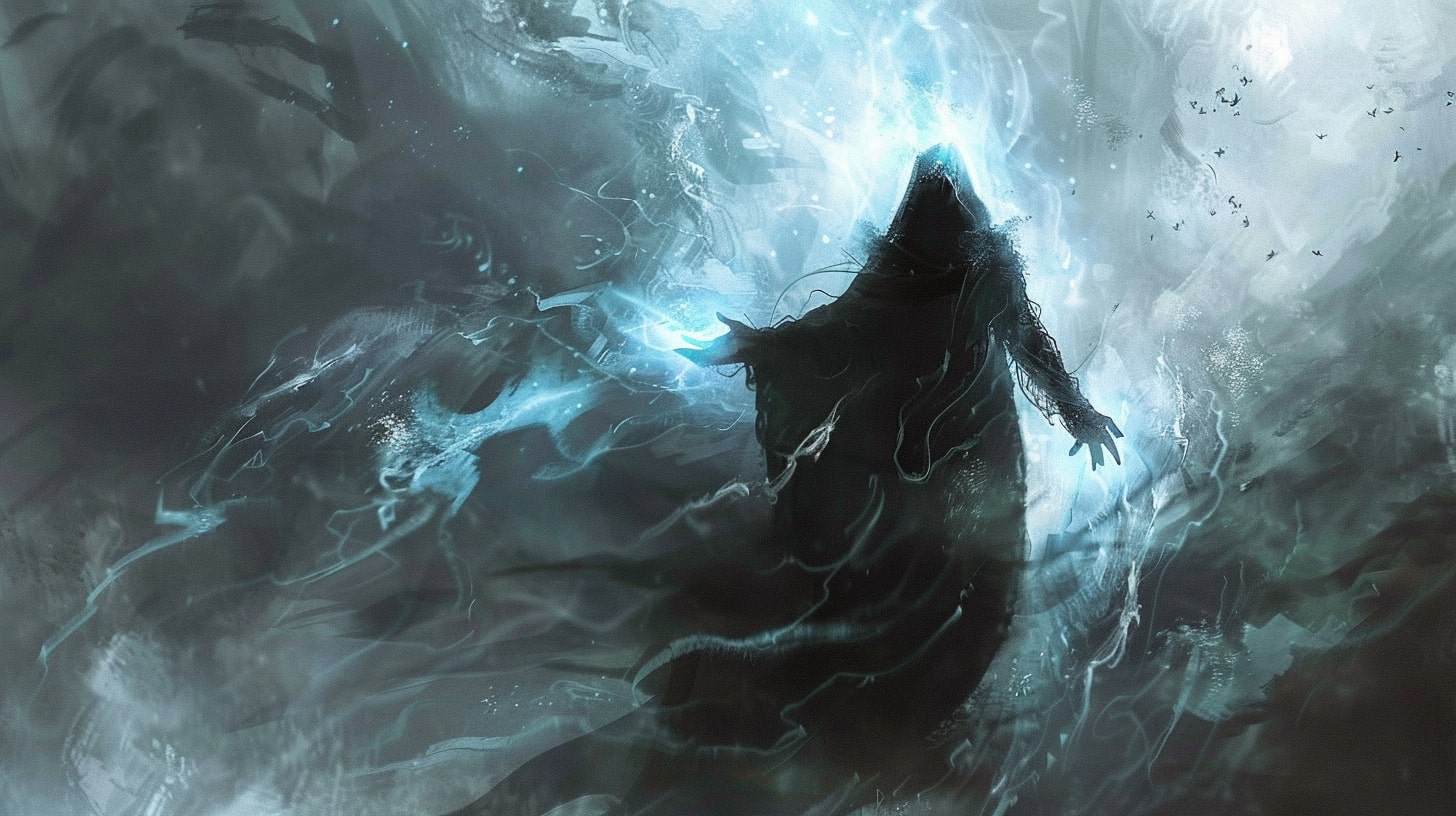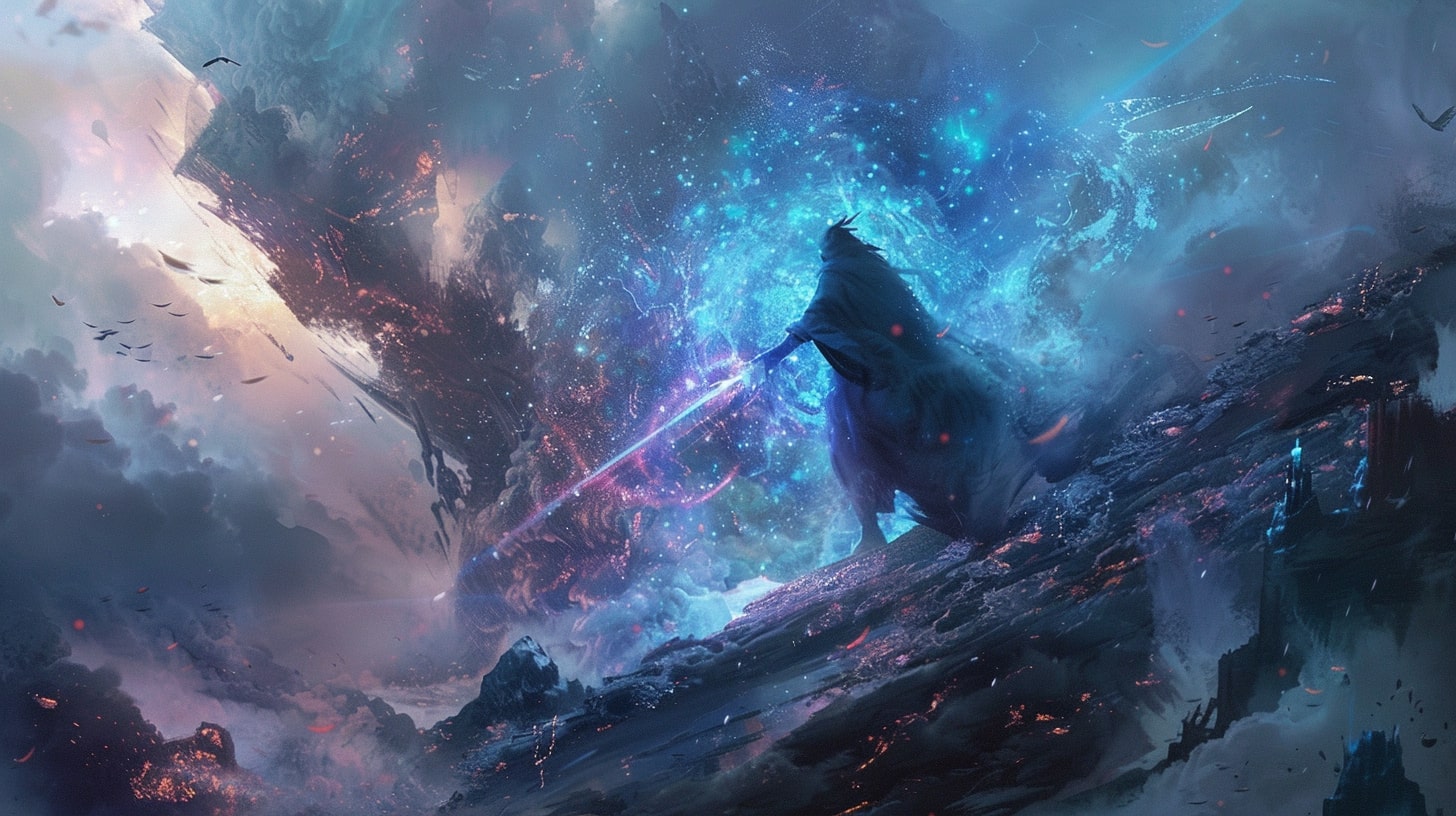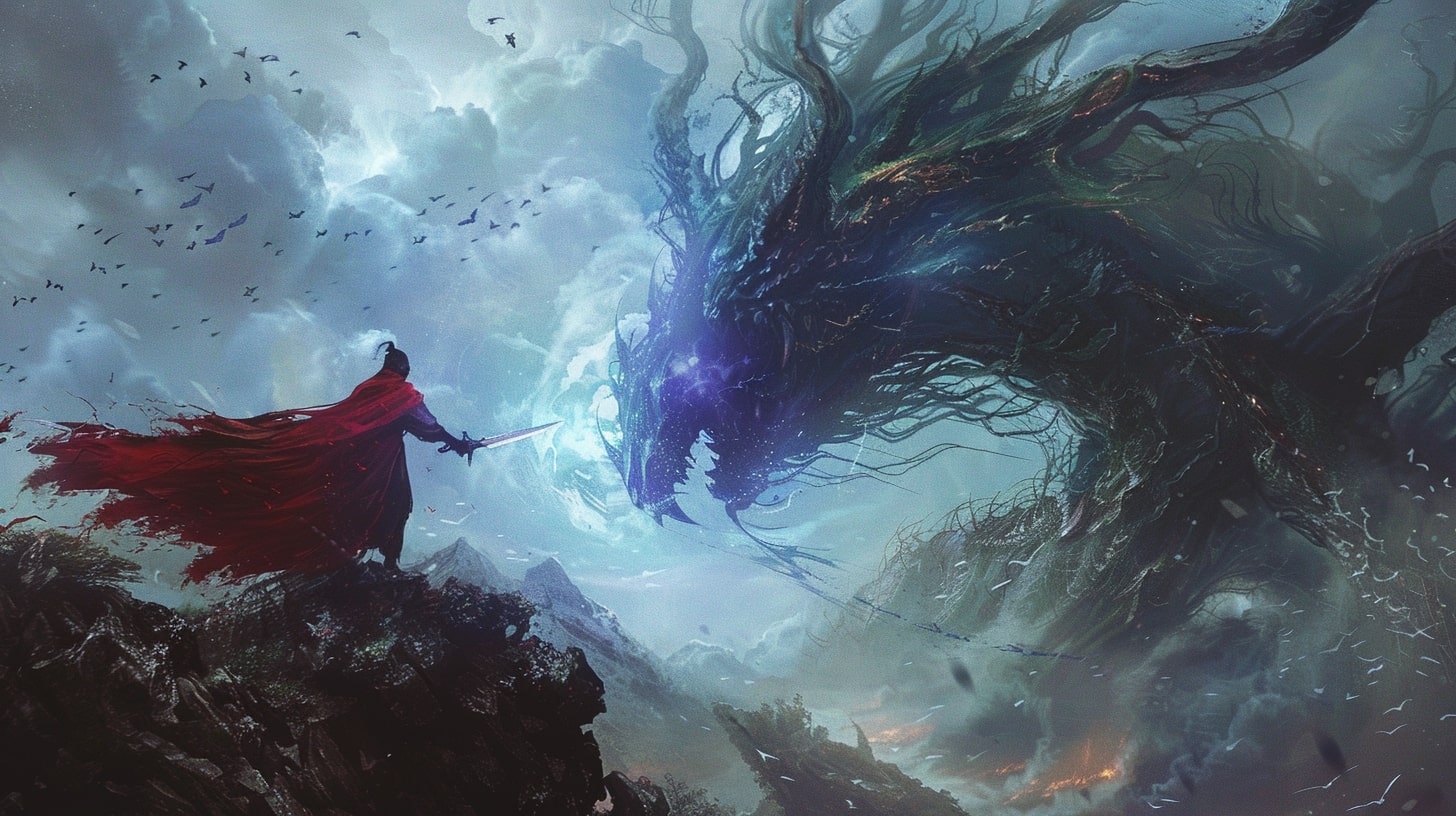Building Magical Worlds
In the realm of fantasy writing, magic systems play a pivotal role in creating immersive and captivating worlds. These systems introduce elements of wonder, awe, and mystery that can truly enchant readers. At the heart of a well-crafted magic system lies the understanding of the importance of system limitations.
Magic system limitations give your world more power. This pulls your reader closer into your world and makes worldbuilding a lot easier.
So how do you impose these limitations? Let’s talk about that in this guide.
The Role of Magic Systems in Fantasy Writing
Magic systems serve as the foundation of fantastical worlds, adding depth and intrigue to the stories within them. They provide a framework for how magic operates and functions within the story’s universe. By establishing rules and limitations, magic systems bring structure and believability to an otherwise abstract concept.
A well-designed magic system adds richness to the narrative, allowing authors to explore themes of power, morality, and the consequences of wielding magic. It can create a sense of wonder and anticipation as readers discover the intricacies and possibilities of the magical world.
Understanding the Importance of System Limitations
Limitations are a crucial component of any magic system. They define what magic can and cannot do, setting boundaries that add tension and conflict to the story. Without limitations, magic can become an all-powerful plot device, diminishing the stakes and reducing the opportunities for character growth.
By imposing limitations, you encourage meaningful choices for your characters. They must grapple with the restrictions and make strategic decisions on how to best utilize their magical abilities. This adds depth to their development and allows for compelling story arcs.
Moreover, limitations prevent magic from becoming a solution to every problem, fostering creativity and resourcefulness in your characters. They must find alternative approaches and work within the constraints of their magical abilities, leading to unique and engaging storytelling.
As you delve into the world of magic systems, consider the types of limitations that can shape your fantastical realm. From energy or resource limitations to spellcasting restrictions and conditional factors, each type brings its own set of challenges and opportunities. Visit our article on magic system limitations for more insights and examples.
Remember, the key to crafting effective limitations lies in their consistency and logic within the story and setting. They must align with the overall narrative, enhancing the themes and reinforcing the world’s internal logic. Additionally, limitations should have a significant impact on the characters and the plot, driving conflict and shaping the story’s trajectory.
By understanding the importance of system limitations and carefully crafting them within your magic system, you can build a captivating and immersive world that leaves readers spellbound.
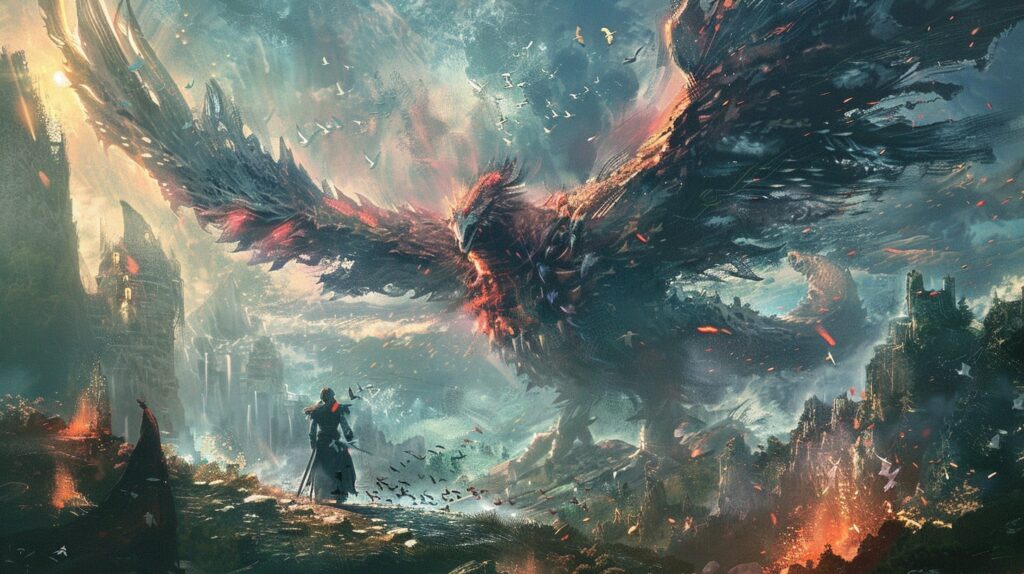
Magic System Limitations: Why Limitations Matter
When it comes to magic systems, limitations play a crucial role in shaping the dynamics of your fantasy world. By establishing these limitations, you can effectively balance power and conflict, as well as create meaningful choices for your characters.
Balancing Power and Conflict
Limitations in magic systems are essential for maintaining balance within your story. Without limitations, magic can become all-powerful, which can diminish the tension and conflict necessary for a compelling narrative. By imposing restrictions on magic, you introduce challenges that your characters must overcome, creating a more engaging and dynamic story.
Consider a world where magic has no limitations. In such a scenario, characters could effortlessly solve any problem or conflict with a simple wave of their hand, reducing the stakes and potentially making the story less interesting. Limitations ensure that magic-users face obstacles and limitations that they must navigate through, which in turn adds depth and excitement to your storytelling.
Creating Meaningful Choices for Characters
Limitations in magic systems also allow you to create meaningful choices for your characters. When magic has clear boundaries and constraints, characters must make decisions about when and how to use their abilities. These choices can significantly impact the outcome of events and influence character development.
For example, imagine a character with limited magical energy. They must decide whether to use their magic to defend themselves in a dangerous situation or conserve it for a future, potentially more critical moment. These choices not only reveal aspects of the character’s personality and values but also add tension and suspense to the story.
By incorporating limitations, you provide opportunities for character growth and exploration. Characters may need to seek alternative solutions, rely on their ingenuity, or collaborate with others to overcome obstacles. These choices and their consequences contribute to the depth and richness of your storytelling.
Understanding the importance of limitations in magic systems is key to crafting a well-rounded and engaging fantasy world. By balancing power and conflict while creating meaningful choices for your characters, you can harness the true potential of magic within your narrative. For more inspiration on magic system ideas, check out our article on magic system ideas.

Types of Limitations
When it comes to designing a magic system for your fantasy world, incorporating limitations is crucial for creating a balanced and engaging system. Limitations add depth and challenge to your magic, allowing for more interesting storytelling and character development.
Here are three common types of limitations you can consider incorporating into your magic system: energy or resource limitations, spellcasting limitations, and conditional limitations.
Energy or Resource Limitations
One way to establish limitations within your magic system is by incorporating energy or resource limitations. This means that the use of magic requires a finite amount of energy or a specific resource. By doing so, you introduce a sense of scarcity and consequence to the use of magic.
For example, in some magic systems, the energy required for spellcasting may come from the individual’s own life force or mana reserves. This means that casting powerful spells may drain the caster’s energy, leading to fatigue or even physical harm. Alternatively, magic may require the use of certain rare ingredients or components that need to be obtained through quests or exploration.
Introducing energy or resource limitations adds tension and strategic decision-making to your story. Characters must consider the cost and availability of resources before using magic, leading to more meaningful choices. For more inspiration on magic system ideas, check out our article on magic system ideas.
Spellcasting Limitations
Spellcasting limitations are another effective way to add depth to your magic system. These limitations focus on the specific rules and conditions surrounding the casting of spells. By establishing rules and limitations, you create a structured system that guides the use of magic.
For instance, you can define limitations such as requiring specific incantations, gestures, or rituals to cast spells. Certain spells may only be cast during specific times or under specific environmental conditions. These limitations can be based on celestial events, such as the phase of the moon or alignment of the stars.
By imposing spellcasting limitations, you encourage creativity and problem-solving in your story. Characters must adapt to the rules of magic, finding new ways to overcome obstacles and achieve their goals. For more information on spellcasting within magic systems, explore our article on spellcasting limitations.
Conditional Limitations
Conditional limitations refer to restrictions placed on the use of magic based on certain conditions or circumstances. These limitations can be situational, emotional, or tied to specific locations or objects.
For example, a magic system may require a specific emotional state or intense concentration to successfully perform spells. Some magic may only work in the presence of certain natural elements, such as water or fire. Conditional limitations can also revolve around the alignment of a character’s beliefs or moral values.
By incorporating conditional limitations, you encourage character development and exploration of your world. Characters must navigate the various conditions and circumstances to harness the full potential of their magic. For more ideas on implementing conditional limitations, our article on magic system development provides valuable insights.
Understanding these types of limitations will help you craft a robust and balanced magic system for your fantasy world. By incorporating energy or resource limitations, spellcasting limitations, and conditional limitations, you create a dynamic system that challenges your characters and drives your story forward.

Crafting Effective Limitations
Crafting effective limitations for your magic system is essential to ensure a well-balanced and compelling story. The limitations you establish will shape the boundaries and rules of your magic, adding depth and realism to your world. Here are three key considerations to keep in mind when crafting limitations for your magic system:
Consistency and Logic
One of the most important aspects of creating limitations for your magic system is maintaining consistency and logic within the rules you establish. Your limitations should make sense within the context of your story and align with the internal logic of your world. Think about how your magic works and what natural or supernatural factors could restrict its use or impose limitations.
For example, if your magic system is based on elemental powers, it would be logical to limit the use of certain abilities during adverse weather conditions or when specific elements are scarce. By ensuring the limitations are consistent and logical, you create a sense of believability and make it easier for readers to immerse themselves in your world.
Alignment with Story and Setting
When crafting limitations for your magic system, it’s crucial to consider how they align with your story and setting. The limitations should enhance the narrative and contribute to the overall themes and conflicts of your world. They can create tension, drive the plot forward, and force characters to make difficult choices.
For instance, if your story revolves around a protagonist who must learn the value of patience and self-control, incorporating a limitation that requires a significant amount of time and concentration to perform powerful spells can serve as a meaningful challenge for the character. The limitations should be interconnected with the story’s themes and contribute to character development, creating a more engaging and cohesive narrative.
Impact on Characters and Plot
Effective limitations should have a direct impact on your characters and the plot. They should create opportunities for growth, present obstacles to overcome, and generate conflict. By imposing limitations on your magic system, you force characters to find alternative solutions, make sacrifices, or collaborate with others to achieve their goals.
Consider how the limitations affect different characters in your story. Some characters may find creative ways to work around the limitations, while others may struggle and be more heavily impacted by them. These limitations can create interesting dynamics and relationships among the characters, driving the plot forward and adding depth to their journeys.
By carefully crafting limitations that are consistent, aligned with your story and setting, and impactful on characters and plot, you can create a magic system that feels real and engaging. Remember to experiment, test, and refine your limitations as you develop your magic system. For more inspiration and guidance on magic system development, check out our article on magic system development.
In the next section, we’ll explore examples of system limitations in different magic systems to further illustrate how these principles can be applied.
Examples of System Limitations
To further understand the importance of system limitations in magic systems, let’s explore a few case studies that demonstrate how limitations can enhance the depth and realism of your magical world.
Case Study 1: Limited Energy Source
In this case study, imagine a magic system where the use of magic is tied to a finite energy source. For example, practitioners can only draw magic from a specific type of crystal or a natural phenomenon such as a sacred spring. Once the energy source is depleted, magic becomes inaccessible until it replenishes over time.
This limitation introduces an element of scarcity and forces magic users to be strategic in their spellcasting. They must consider whether the situation truly warrants the use of magic or if they should conserve their energy for more critical moments. Implementing this limitation can add tension and create opportunities for characters to find alternative solutions to problems when magic is not readily available.
Case Study 2: Language-Based Spellcasting
In this case study, imagine a magic system where spells are cast through specific spoken or written words. Each spell requires precise pronunciation and intonation, and even a slight alteration can result in unintended consequences. Additionally, the language used for casting spells is ancient and requires years of study and practice to master.
This limitation adds complexity and depth to the magic system. It emphasizes the importance of knowledge and skill in using magic effectively. Characters must invest time and effort to learn the language and perfect their pronunciation, creating a sense of mastery and exclusivity within the magical community.
It also opens up opportunities for misunderstandings or misinterpretations of spells, leading to unexpected outcomes and plot developments.
Case Study 3: Moon Phase Dependency
In this case study, imagine a magic system where the effectiveness of spells is influenced by the phase of the moon. Certain types of spells may be more potent during a full moon, while others may be weakened or entirely ineffective during certain lunar phases. This limitation requires magic users to plan their actions accordingly and adapt their strategies based on the lunar cycle.
By incorporating this limitation, you can introduce a sense of timing and anticipation in your story. Characters may need to wait for specific moon phases to perform important rituals or execute powerful spells. This limitation can also create opportunities for conflict and tension as characters race against time or face unexpected challenges due to unfavorable lunar conditions.
These case studies demonstrate how system limitations can shape and enhance your magic system, adding depth and realism to your fictional world. Consider these examples as inspiration when developing your own unique magic system. Remember to think about the implications of the limitations on your characters, plot, and the overall dynamics of your magical world. For more ideas and guidance, check out our article on magic system ideas.
Implementing Limitations in Your Magic System
Creating a captivating and well-balanced magic system for your fantasy world requires careful consideration of limitations. Limitations add depth, challenge, and intrigue to the use of magic, making it more engaging for both the characters and the readers. Here are three key steps to help you implement effective limitations in your magic system.
Brainstorming and Experimentation
Begin by brainstorming ideas for limitations that align with the themes, concepts, and rules of your magic system. Consider the source, nature, and mechanics of magic in your world. Think about how limitations can enhance the storytelling and create opportunities for conflict and character growth.
Experiment with different ideas and combinations of limitations. Explore how they can impact the characters, the plot, and the world itself. Remember to keep your target audience, fantasy writers, in mind throughout the process. Gather inspiration from various sources, including magic system ideas, existing magic systems in literature, and even real-world concepts.
Testing and Refining
Once you have a list of potential limitations, test them within the context of your story and world. Consider how each limitation affects the abilities of your magic users and the overall dynamics of your world. Assess whether the limitations strike a balance between challenge and feasibility.
Seek feedback from beta readers or fellow writers to gain different perspectives. Discuss the impact of the limitations on the story, characters, and worldbuilding. Refine and iterate on your ideas based on the feedback received, making sure to address any concerns or inconsistencies that arise.
Balancing Limitations with Magic’s Possibilities
As you finalize the limitations for your magic system, ensure they strike a delicate balance with the possibilities and potential of magic. The limitations should not be so restrictive that they render magic useless or uninteresting. Conversely, they should not be so lenient that magic becomes all-powerful, removing tension and conflict from your story.
Consider how the limitations interact with the strengths and weaknesses of different types of magic, if applicable. Strive for consistency and logical coherence throughout your magic system, maintaining a sense of internal logic. By achieving this balance, you can create a magic system that is both captivating and believable.
By following these steps of brainstorming, testing, and balancing, you can implement limitations in your magic system that enhance the depth and appeal of your fantasy world. Remember to stay true to your unique vision while also considering the expectations and enjoyment of your audience, fellow fantasy writers. Happy worldbuilding!
For more articles on magic system creation, magic system design and magic system development, visit our website.

